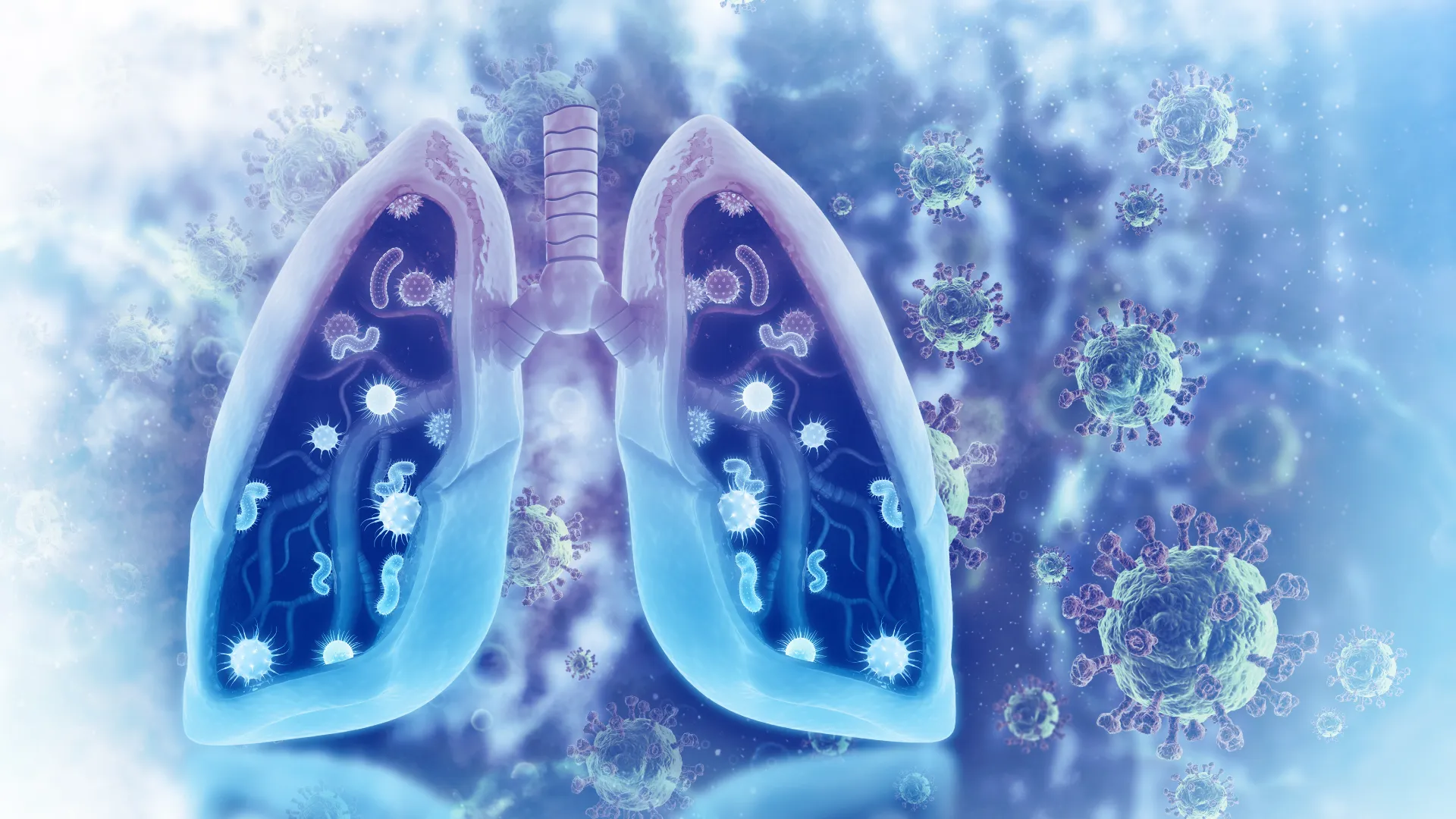Systemic chemotherapy is a common treatment for mesothelioma, a type of cancer caused by exposure to asbestos. While chemotherapy can be effective in slowing down the progression of the disease and relieving symptoms, it often comes with various side effects. Some of the common side effects of systemic chemotherapy for mesothelioma include:
- Nausea and vomiting: Chemotherapy drugs can irritate the stomach lining, leading to nausea and vomiting. Medications are often prescribed to manage these symptoms.
- Fatigue: Feeling tired and lacking energy is a common side effect of chemotherapy. Rest and mild exercise may help manage fatigue.
- Hair loss: Many chemotherapy drugs can cause hair loss, including loss of eyebrows and eyelashes. Hair usually grows back after treatment ends.
- Decreased blood cell counts: Chemotherapy can reduce the production of white blood cells, red blood cells, and platelets, leading to increased risk of infections, anemia, and bleeding issues.
- Mouth sores: Chemotherapy can cause sores or ulcers in the mouth and throat, making eating and swallowing uncomfortable. Oral care is crucial to manage this side effect.
- Changes in appetite: Some individuals may experience changes in taste or loss of appetite while undergoing chemotherapy.
- Risk of infection: With lowered immunity, patients undergoing chemotherapy are more susceptible to infections. It’s important to take precautions to avoid exposure to illnesses.
- Neuropathy: Some chemotherapy drugs can cause nerve damage, leading to symptoms such as tingling, numbness, or pain in the hands and feet.
- Skin changes: Skin may become dry, itchy, or more sensitive to sunlight during chemotherapy.
- Fertility issues: Chemotherapy can affect fertility in both men and women. It’s essential to discuss fertility preservation options before starting treatment.
These side effects can vary in severity depending on the specific chemotherapy drugs used, the dosage, the individual’s overall health, and how the body responds to treatment. Supportive care and medications are often provided to manage these side effects and improve the patient’s quality of life during treatment.
It’s crucial for patients undergoing chemotherapy to communicate openly with their healthcare team about any side effects they experience, as there are often ways to alleviate these symptoms or adjust the treatment plan to minimize discomfort.
